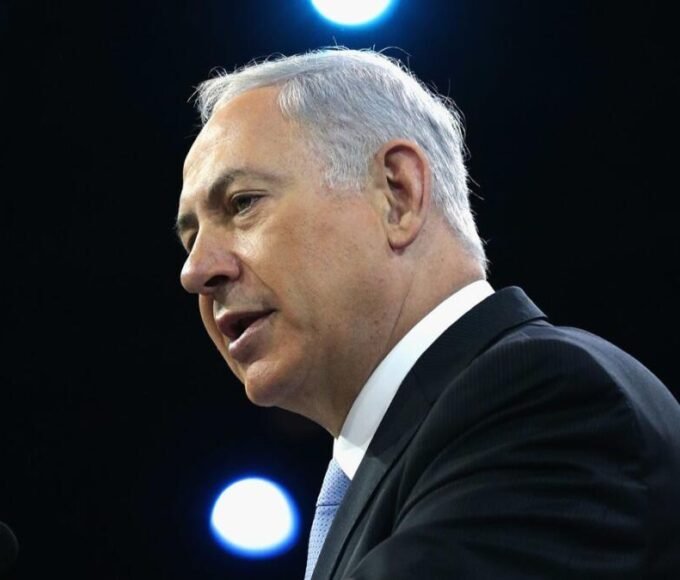Table of Contents
A Controversial Claim Stirs Global Attention
In a statement that immediately grabbed headlines worldwide, Peter Navarro, a senior aide to former President Donald Trump, controversially labeled the ongoing Russia-Ukraine conflict as “Modi’s war.” Navarro suggested that Indian Prime Minister Narendra Modi played a significant role in prolonging the conflict due to India’s continued purchase of discounted Russian crude oil, which he claimed indirectly funds Moscow’s military campaign.
The claim, dismissing traditional views that center blame on Russia and Putin, escalated tensions in diplomatic circles and raised questions on India’s stance amid the complex geopolitics of the war.
The Core of Navarro’s Argument
Navarro argued that India’s energy decisions provide Russia with crucial financial resources to sustain its war machine in Ukraine. By importing Russian oil at a discount, India helps bankroll Moscow’s military operations, thereby forcing the United States and the European Union to shoulder the burden of arming and financially supporting Ukraine.
He noted that this dynamic negatively impacts American consumers and workers through job losses and economic hardship and extends the conflict by providing Russia a lifeline despite Western sanctions.
India’s Position on Sovereignty and Energy Security
India firmly rejects accusations that it supports the war effort. Authorities stress that its energy policy is guided by national sovereignty, market dynamics, and the pressing need to secure affordable fuel for a population of 1.4 billion people.
India maintains a delicate balancing act—engaging in diplomacy with Western democracies while also preserving longstanding energy ties with Russia for energy security and geopolitical autonomy.
Navarro’s Criticism and Political Tone
In a pointed rebuke, Navarro described India’s stance as “arrogant,” criticizing Indian leaders for defending their right to source oil independently. He challenged India, the world’s largest democracy, to “act like one” by siding unequivocally with democratic nations against “authoritarian” regimes like Russia and China.
He also linked the war’s prolongation and the economic pressure on US taxpayers directly to India’s policy decisions, intensifying calls for India to reconsider its position.
Modi’s Leadership Under the Global Spotlight
Despite the criticism, Navarro acknowledged Modi as a “great leader” and India as a “matured democracy,” creating a paradox in his discourse. While praising India’s political standing, he simultaneously condemned its energy diplomacy, reflecting the nuanced and complex portrayal of Modi on the global stage.
Modi’s balancing act between emerging geopolitical realities and traditional alliances continues to inform India’s foreign policy and economic choices.
The Wider Diplomatic Fallout
Navarro’s remarks come amid a backdrop of worsening trade relations, with the US having already imposed steep tariffs on Indian goods. These measures, partly linked to India’s continued oil imports and trade policies, have further strained relations.
India’s Ministry of External Affairs viewed the tariffs and accompanying criticisms as “unjustified and unreasonable,” highlighting perceived double standards in US policy compared to Europe and China’s dealings with Russia.
Public and Political Reactions in India
Navarro’s statements sparked extensive debate in India. Alongside official denials, social media and public discourse showcased diverse perspectives—ranging from calls for national pride and sovereignty to concerns about global isolation and economic repercussions.
Experts emphasize India’s right to independent policymaking while acknowledging the increasing pressure to align more closely with Western geopolitical interests.
Understanding the Geopolitical Chessboard
India’s positioning in the Russia-Ukraine conflict reflects broader global realignments, where emerging powers seek to balance relations with traditional Western powers and assert their own strategic interests.
With deep economic ties to Russia, growing partnership with the US, and complex relations with China, India navigates a multidimensional chessboard of diplomacy, trade, and security.
Economic Consequences and Future Prospects
The fallout from the conflict and accompanying geopolitical tensions have direct consequences on trade, foreign investment, and economic growth trajectories. Tariffs, sanctions, and diplomatic friction add layers of unpredictability that businesses and policymakers must manage closely.
Looking forward, India’s ability to maintain economic resilience and diplomatic flexibility will influence its global standing and role in shaping international peace and security.
Conclusion: A Mirror to Complex Global Realities
The labeling of the Ukraine conflict as “Modi’s war” by a senior US political figure reflects the evolving nature of global politics where blame, responsibility, and alliances are continuously renegotiated.
India’s unique position—balancing sovereignty, diplomacy, and economic interests—highlights the complexities nations face in an interconnected yet polarized world. This episode serves as a reminder of the challenges of global leadership and the intricate interplay between domestic policies and international outcomes.
Read More: Pentagon Blocks Ukraine’s Long-Range Missile Strikes on Russia











Leave a comment